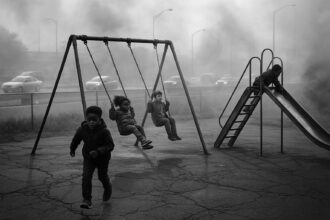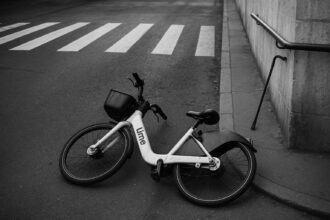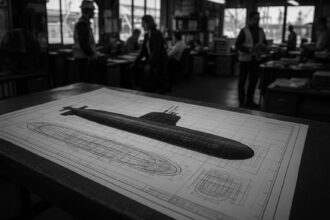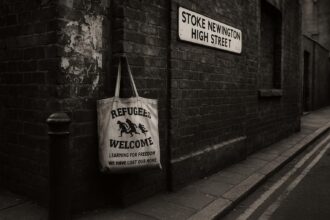Ursula von der Leyen’s visit to Greenland, aimed at securing crucial raw materials for the EU’s green transition, alongside increased military funding for Ukraine, underlines the bloc’s strategic endeavors in environment and defense.
Ursula von der Leyen, President of the European Commission, embarks on a strategic visit to Greenland, a move aimed at securing vital raw materials necessary for the European Union’s (EU) green transition. Greenland, possessing 25 out of the 34 essential rare resources needed by the EU, is thus at the center of the bloc’s environmental strategies due to its significant role in the global green-technology market. This visit, which sees her accompanied by Danish Prime Minister Mette Frederiksen, also features the opening of a new EU office in Nuuk, Greenland’s capital, underlining the territory’s critical importance to the EU’s environmental objectives.
Tomas Baert, a special adviser on trade and international partnerships, has highlighted the crucial role Greenland plays in supplying the raw materials for the EU’s green agenda and underscored the need for partnerships to ensure sustainable resource extraction. The visit aims to reinforce cooperation with Greenland, focusing on creating local value and bolstering transatlantic relations.
Greenland’s Minister for Business, Trade, and Raw Materials, Naaja H Nathanielsen, has pointed out the reciprocal benefits of the minerals agreement between Greenland and the EU, stressing the need for support to develop Greenland’s mineral sector. The EU’s approach aims at securing a diversified economy and supporting the green transition through sustainable and secure value chains.
Additionally, this trip occurs amidst Denmark’s evolving relationship with Greenland. Recent controversies, including forced contraception imposed by Danish doctors on Greenlandic women and girls, have strained relations as Greenland moves towards greater autonomy from Denmark.
In parallel to von der Leyen’s visit to Greenland, the European Union has announced an agreement to provide an extra €5 billion in military funding for Ukraine through the European Peace Facility. This agreement comes after negotiations that now allow for sourcing weapons beyond European manufacturers in cases of urgent need, while prioritizing European arms to support both Ukraine’s defense needs and the EU defense industry. This measure is taken as US military aid decreases and the threat from Russia persists.
Furthermore, these developments coincide with ongoing diplomatic engagements in the EU, including a pending vote on the AI Act by the European Parliament and a meeting between German Chancellor Olaf Scholz and Thailand’s Prime Minister in Berlin.
Von der Leyen’s initiatives in Greenland and the EU’s support for Ukraine signify the EU’s strategic efforts in enhancing its green transition and bolstering its geopolitical stance in the face of global challenges.













